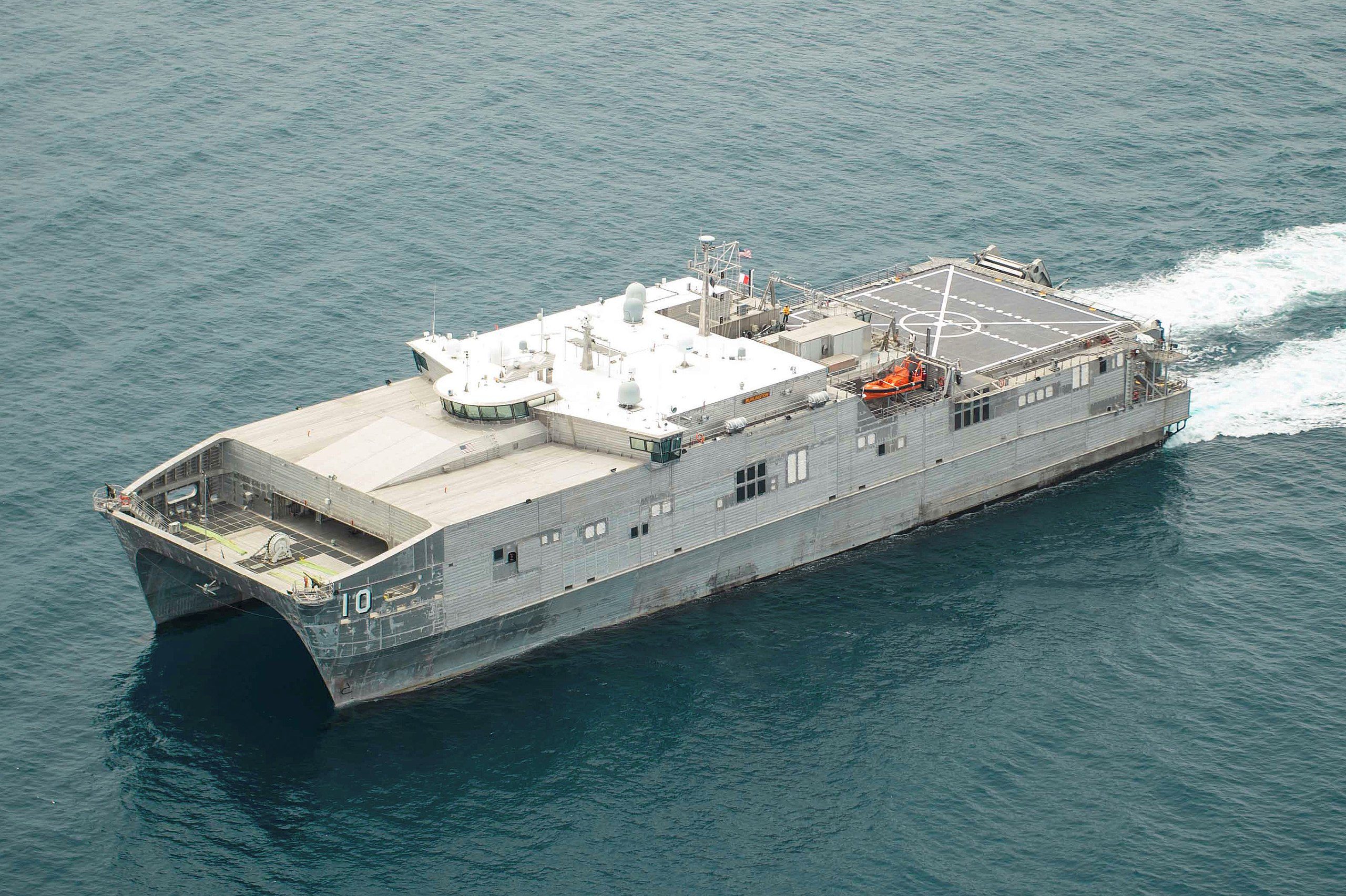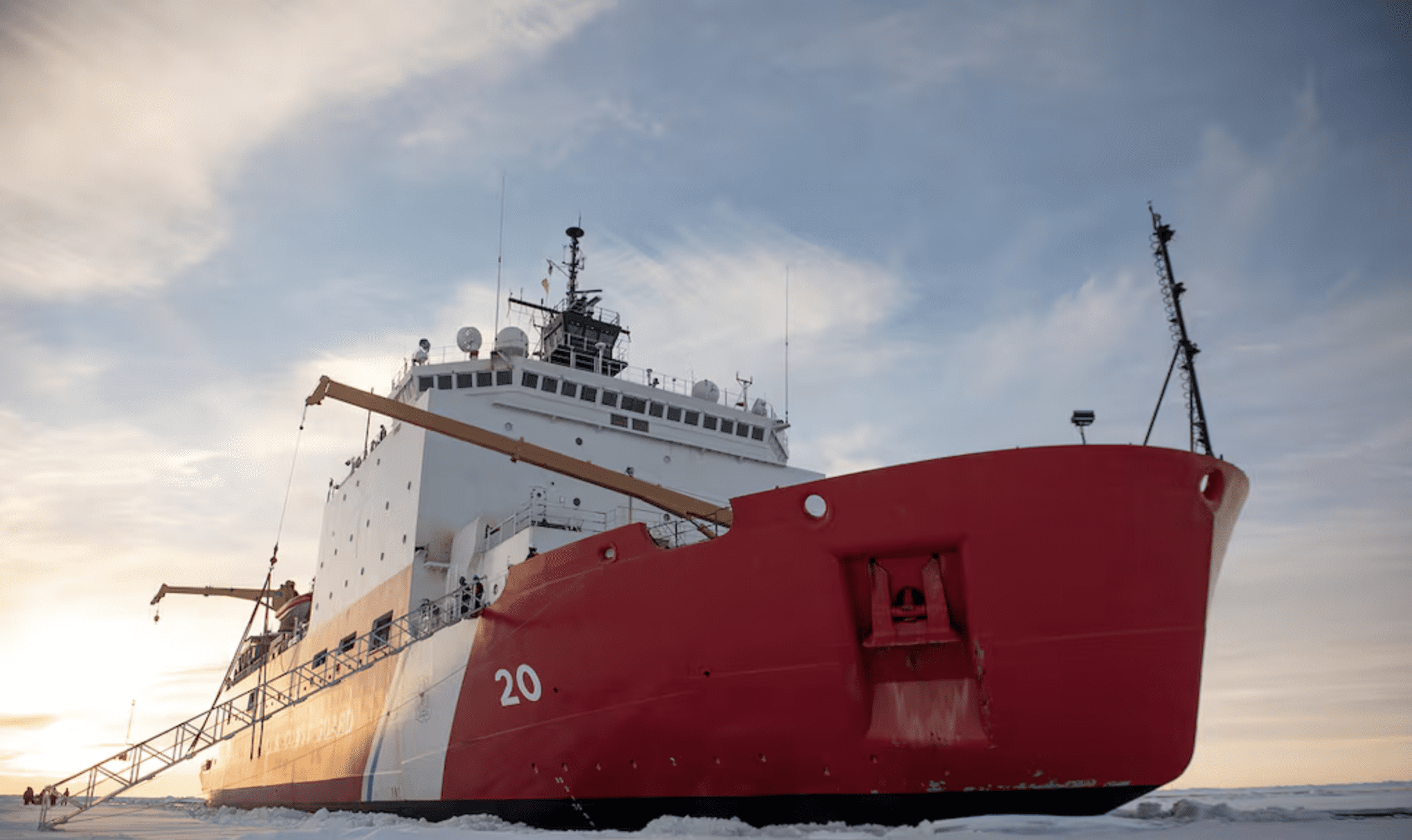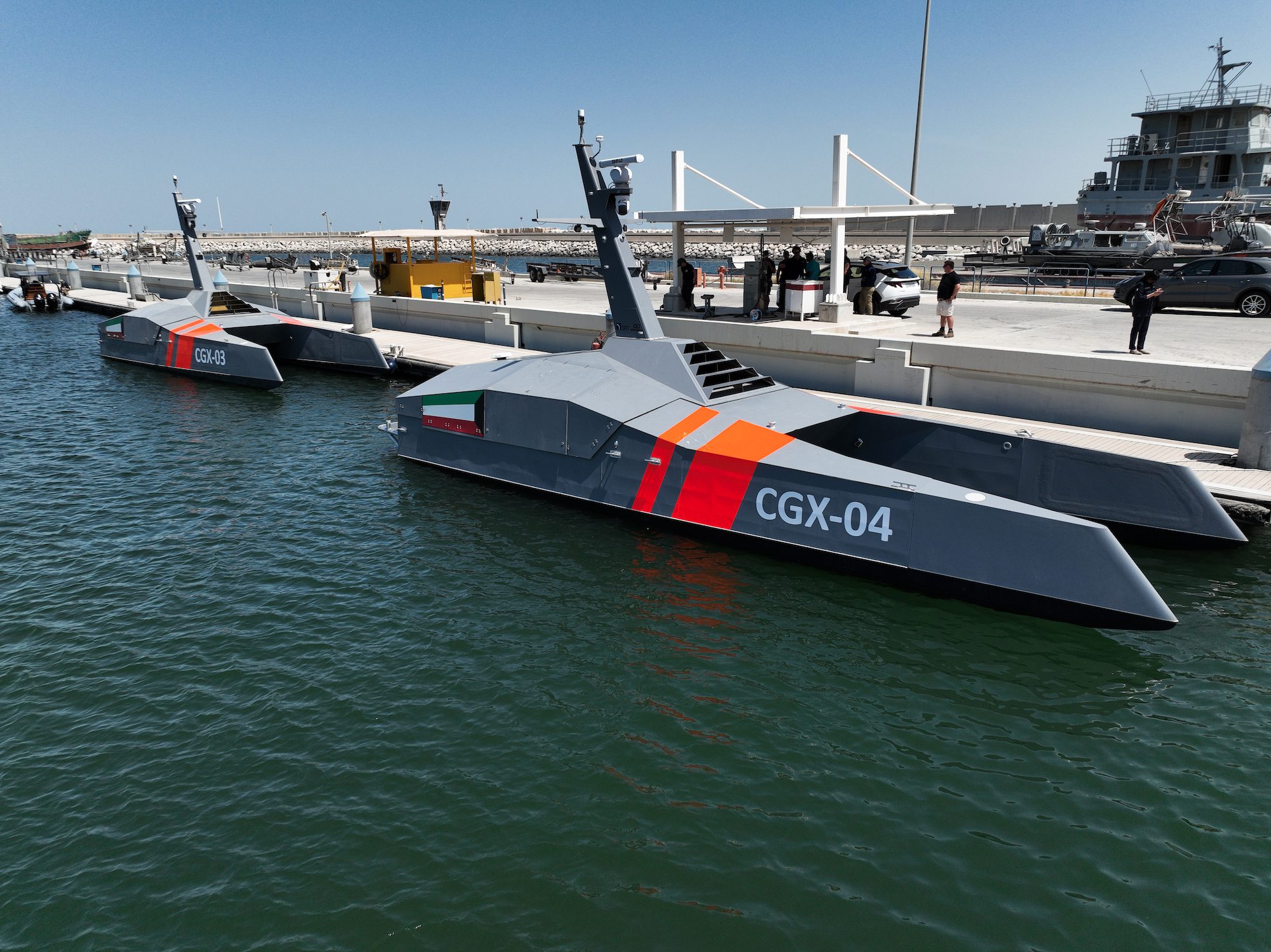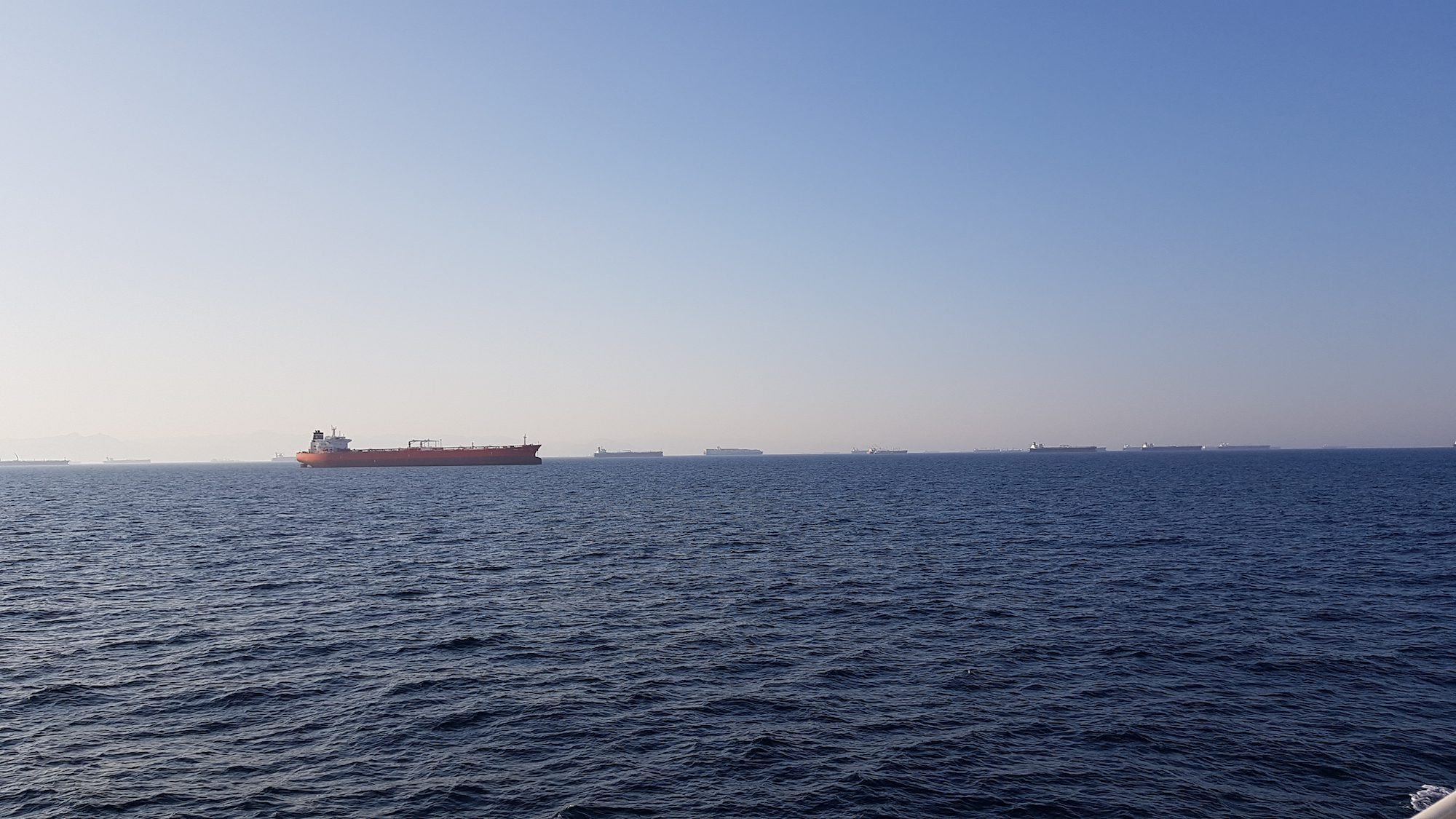The U.S. Navy is conducting a series of tests aimed at advancing autonomous capabilities and navigation, demonstrating that a large ship can become a self-driving platform and potentially laying the groundwork for future unmanned operations.
The tests, known as the Unmanned Logistics Prototype trials, are being conducted using the future USNS Apalachicola (EPF 13), a Spearhead-class expeditionary fast transport (EPF) ship that is scheduled to deliver to the U.S. Navy later this year from Austal USA. EPFs are operated by the Navy’s Military Sealift Command.
If succesful, USNS Apalachicola could become the first U.S. Navy ship with the ability to operate autonomously in commercial sea lanes.
“The autonomous capabilities being demonstrated by this prototype system represent a major technological advancement for the EPF platform, the Navy at large and our industry partners. EPF 13 will be the first fully operational U.S. naval ship to possess autonomous capability including the ability to operate autonomously in a commercial vessel traffic lane,” said Tim Roberts, Strategic and Theater Sealift program manager, Program Executive Office (PEO) Ships. “This testing is a game changer and highlights that there is potential to expand unmanned concepts into existing fleet assets.”
Each test in the trials “increases the perception capabilities and complexity of behaviors demonstrated by the autonomous systems,” according to the Navy. To date, test evolutions have included point-to-point autonomous navigation, vessel handling and transfer of vessel control between manned to unmanned modes. Future test events will add levels of difficulty and include night navigation, and differing weather and sea states.
“These trials will set crucial groundwork for autonomous vessel operations, to include vessel encounter and avoidance maneuvering and compliance with International Regulations for Preventing Collisions at Sea,” the Navy said in a statement.
EPFs are shallow draft, commercial-based, catamaran designed for rapid, intra-theater transport of personnel and equipment.
Collaboration for the test events include team members from PEO Ships, PEO Unmanned and Small Combatants, Naval Systems Engineering and Logistics Directorate – Surface Ship Design and System Engineering, Supervisor of Shipbuilding – Gulf Coast, Naval Surface Warfare Center support from Carderock, Combatant Craft Division, Dahlgren and Philadelphia and the Navy’s shipbuilding and industry partners, Austal USA, L3 Harris and General Dynamics.

 Join The Club
Join The Club











